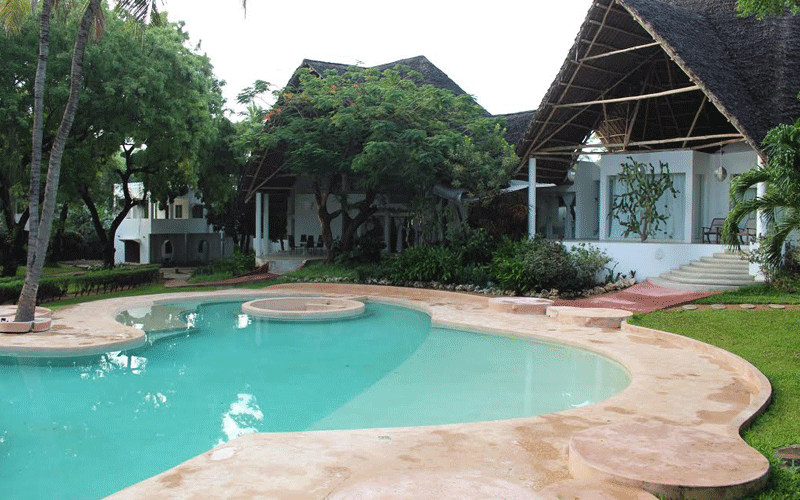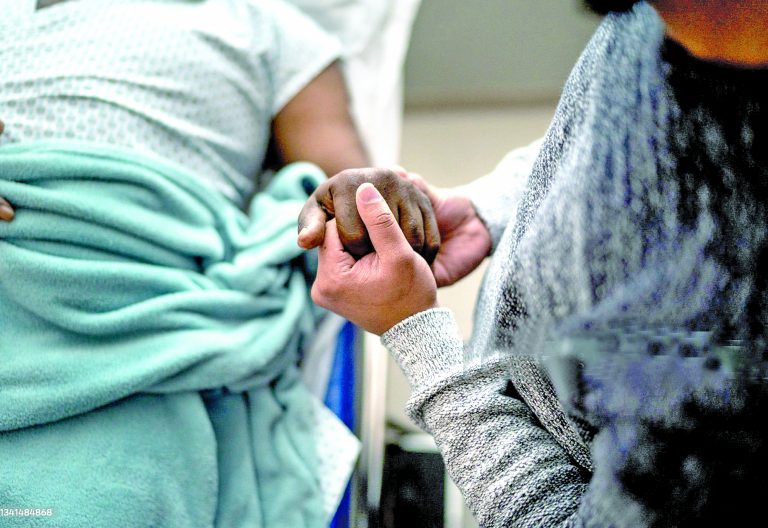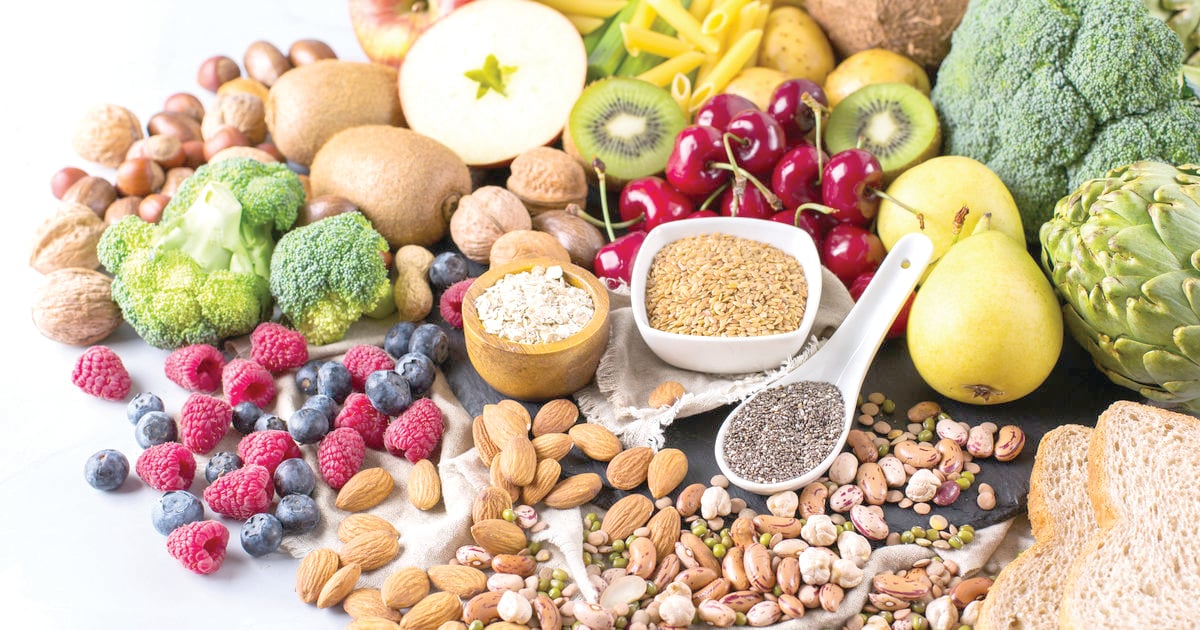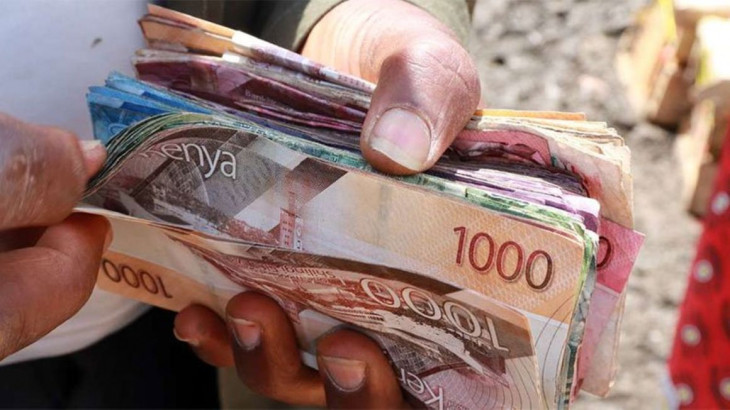Covid-19 drives hotels, guests to focus on wellness

Manuel Ntoyai @Manuel_Ntoyai
Covid-19 has no doubt created global disruption, particularly in the tourism industry.
It has upended every aspect of life and has also brought the awareness of personal health and well-being to the forefront of human consciousness.
As a result, many travellers might be choosing lower-risk activities, such as saying indoors to keep safe and those who choose to travel for the holidays, achieving physical, mental and social wellbeing will become a priority.
As the tourism sector struggles to recover from the hard hitting effects of the pandemic, industry players are placing a firm bet on wellness tourism as a key area that will help to drive growth in the sector.
Kenya, according to new research has been on an upward trajectory when it comes to that front in the recent years.
The Fitness and Wellness industry hit Sh5 billion in 2019 according to Spa and Wellness Association of Africa (SWAA) Kenya Chapter.
This is an increase from the previous year, whose nine per cent growth recorded by Euromonitor Internationals had seen Sh2.5 billion injected into the tourism industry.
“This is a fast growing niche market in the sector that gives travellers an option to explore different experiences.
Different cultural experiences from across the globe have been customised for that rising paying capacity group, seeking physiological and mental wellness,” says Francesca Regaiolli a renown hotelier at the coast.
She recently hosted me at Shala Heart Art and Wellness in Malindi, Kilifi county, a property, which she is helping manage for her friend and fellow countrywoman, Luisella Torreforte, a creative bigwig, certified yoga teacher, trainer of Pranayama (advanced breathing techniques from beginners to trainers).
Luisella is also an organiser of international retreats with her method “Find your Inner Rhythm”.
Shala means peace and the three acre property offers more than that.
As you enter the Shala Heart, the instant felling you get is not just that of a holiday destination, but also, a place of healing and a place to reconnect with nature.
“The property is divided into two, the Swahili House sitting on one acre, and the Wellness and Recreational Centre and a personal property on the two acres.
It just embodies the owner who practices oriental techniques focusing on conscious living,” Francesca says.
The Swahili house is renovated in Lamu fusion style blending in a rich mix of East African, Arab, and Indian influences.
It includes five en-suite rooms; three standard, two deluxe and one family suite, large common areas, two verandas and a spacious kitchen.
Its front large manicured gardens, adds to the barefoot luxury, the place offers.
It is a two minute walk across the road, with the beautiful bougainvillea ushering you to the silver sandy Malindi beaches. The top end property can be rented for family retreats and vacations.
“On the second property, wellness and recreation facilities include, water therapy, special massage rooms and a tennis court. The two are different, but interconnected,” she explains.
“The pool and the surrounding nature is the top crème of Shala Heart, connecting your body, mind and soul, helping to reconnect with one’s natural rhythm.
The water element expresses all its healing power in this multidimensional pool, for relaxation and therapies, such as watsu (a form of aquatic bodywork used for deep relaxation), tai chi (a form of exercise based in martial arts, and involves slow movements and deep breaths) and water yoga,” she adds.
Added value
Francesca says their concept, is exactly what the tourism sector needs right now due to heightened health concerns.
Hotels that address the expectations of the new wellness-focused guest will be best positioned to attract bookings in the return to travel.
She says hotels will no longer be just a place to sleep. Wellness, health and personalisation are going to become more mainstream.
“Wellness travellers are typically more affluent, educated in the matter, and well-travelled, and they tend to be early adopters who will try out new and novel experiences,” she says.
According to her, wellness tourists provide facility owners a chance to increase their profit margins as one is able to charge more based on the added value that your wellness experiences can provide.
Shala Heart is also an eco-friendly property and visitors are highly discouraged from using plastic bottles or making fires, because of the makuti roofing.
They encourage switching off lights and appliances that are not in use, keeping the air conditioner on the minimum, all these measures aimed at preserving the ecological system.
Another dazzling piece on the property is the Shala temple or gallery, an open-air pavilion made of circular arches for exhibitions, conferences, installations, screenings, workshops, concerts, performances and banquets.
The facility has hosted a number of classical events with the Italian embassy hosting a classical violin event, The Jazz experience.
The event sawmedia personality Jeff Koinange host its grand opening last year with Sir Elvis performing.
Some of the proceeds go to a charity event at Kisumu Ndogo, a low income estate in Malindi, which has seen street art beautifying the house walls.
“Currently renting the property for a week will cost you Sh120,000 as a special offer due to the pandemic, but as we head towards the festive season, it will go up to Sh450,000.
We only rent for a week upwards. Chef services requires an additional Sh17, 500.
Our Italian-Swahili fused private one-bedroom house, which is ideal for couples, attracts monthly rent of Sh70,000,” she adds.
In efforts to promote self-sustainability, various herbal and food plants have been planted on small plots to supplement vegetables from Malindi market.
As I ended my three-day stay at Shala Heart, there was only one thing in my mind. The healing element of mother nurture.












